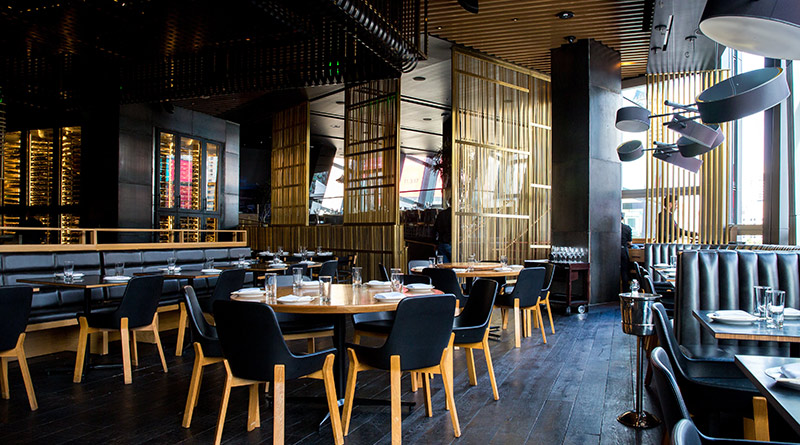Scottish Budget Falls Short of Delivering Christmas Cheer to Hospitality

Scottish business leaders have expressed dismay at the lack of support for the sector as well as deeper labour challenges in the wake of the Scottish budget.
While a basic freeze on business rates was widely welcomed, a move to raise income tax was criticised.
Leon Thompson, Executive Director of UKHospitality Scotland, said:
“The freeze on the business rate announced today is welcome news, and a key ask of UKHospitality Scotland, but we needed the Deputy First Minister to go further.
“Our businesses face a hard winter as costs continue to rise for them, whilst customers, concerned at their own spiralling costs and hit by rail strikes, are increasingly being more cautious and visiting venues less and less.
“What should be a time for hospitality to build up a financial cushion for the lean months ahead is instead resulting in cancellations and losses for many businesses. The lack of sector-specific relief on business rates for hospitality from the Scottish Government is painfully at odds with the support provided by the UK Government and Welsh Government to their hospitality sectors. By following their example, the Scottish Government would have extended a lifeline to struggling businesses so vital to our economy.
“This budget comes as our businesses were already counting the cost of the recent business rate revaluation process. This has resulted in many receiving higher valuations than before, which simply cannot be right after two years of Covid closures and restrictions for businesses now gripped by severe financial challenges. While the details for the transitional relief scheme announced today are still to be released, it remains the case that these are simply sticking plasters patching up a dysfunctional system that is in desperate need of reform.
“Beyond the budget, it is very concerning to learn that the Scottish Government’s own Gateway Review into the Deposit Return Scheme concluded that the scheme is not deliverable, in full, by the go live date of 16 August 2023. DRS alone is already costing hospitality businesses and producers time and money as they work to prepare for it. This assessment throws the viability of the scheme into further doubt and in the current economic circumstances cannot be afforded by our businesses.
“Rather than holding hospitality back with burdensome and costly regulation, the Scottish Government should be supporting and applauding the significant contribution our businesses make to employment and vibrant community life across the country.”
Marc Crothall, of the Scottish Tourism Alliance, said:
“The tax increase announced this afternoon further reduces consumer ability to support our already struggling sector; spending on leisure will continue to drop.
“There has been little respite for our industry and no meaningful fiscal support to date to enable an economic bounce back for tourism and hospitality businesses across Scotland.
“The situation is grim; we have now entered our most difficult winter yet.”
Liz Cameron, chief executive of the Scottish Chambers of Commerce, said there was little cheer in the budget.
“The Scottish Government’s move to increase the top and higher rates of income tax will hit taxpayers in Scotland more than other parts of the UK,” she said.
“This is a clear disadvantage for Scotland’s businesses and workers and could position Scotland as a less attractive place to live and work.”
While standard and basic rates of tax will not change, the higher rate threshold will be maintained and the top rate will be lowered to £125,140 from £150,000. The higher and top rates of tax will be increased by 1p each, to 42p and 47p respectively.
Colin Wilkinson, Scottish Licensed Trade Association managing director, also pointed out the difference in rateable value between two hotels – one in West Lothian and one in Surrey.
“The rateable value of the hotel in Surrey has gone from £370,000 to £210,750 while the West Lothian hotel’s RV has gone from £367,000 to £350,000,” he said.
“Even with a freeze on the Scottish UBR (top tier), the Scottish one will pay over £75,000 more (70%) than the English one in rates in 2023/24 when they were paying virtually the same this year. How can that be fair?”
